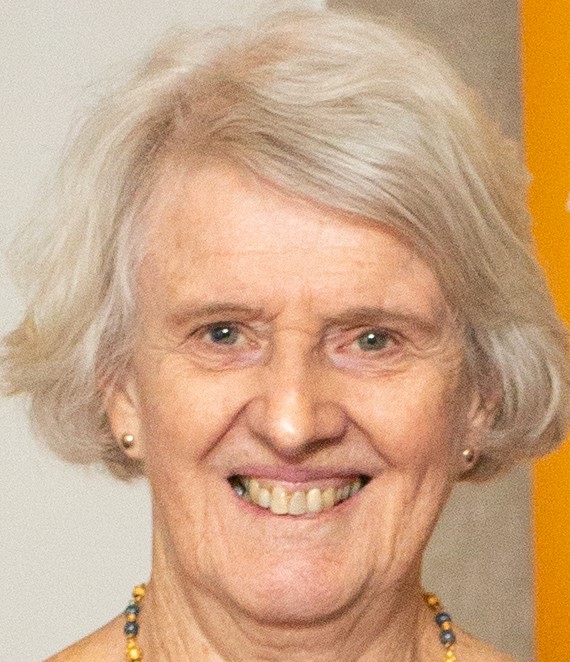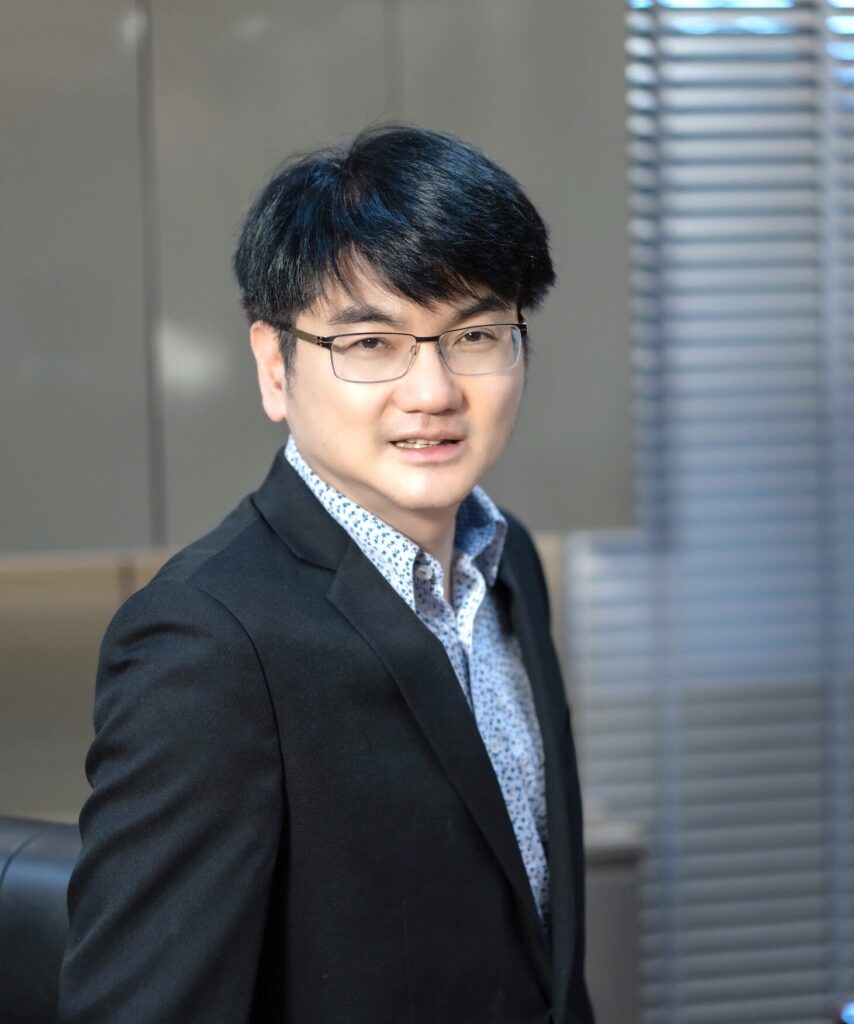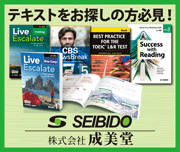The registration reopened on August 28th.
Last updated: August 28th, 2023
The 62nd JACET International Convention (Tokyo, 2023)
Dates: August 29th (Tue.) – August 31st (Thu.), 2023
Venue: Meiji University (Academy Common, Surugadai) Google Map
Theme: Reframing Collaboration in Language Education and Beyond
Overview:
At the 52nd International JACET Convention held at Kyoto University in 2013, based on the theme of “Collaboration and Relativization in English Language Education,” participants discussed not only how to create collaborative relationships with colleagues in related fields such as educational technology and the teaching of foreign languages other than English, but also how to work together with colleagues in other English language education societies in Japan. Ten years have passed since then and the circumstances surrounding research and practice in English education have changed much more than we could have imagined. We believe that to ensure we can surmount sudden changes in the field of English language education in the future, we must revisit the fundamentals of language education and consider anew the direction we think language education should take. In addition, to connect with future generations, we believe we must not only reaffirm our cooperation with those in the field of language education proper, but also with those in fields of study related to education. At this year’s conference we wish to discuss new possibilities for the future of language education under the theme, “Reconstruction and Development of Collaboration in Language Education.”
Inquiries: The JACET International Convention Organizing Committee
TEL: 03-3268-9686
e-mail:
大学英語教育学会(JACET)第62回国際大会(東京、2023)
日 程: 2023年8月29日(火)・30日(水)・31日(木)
会 場:明治大学(アカデミーコモン)
テーマ: 言語教育における連携の再構築と発展
主 旨:
JACETでは、2013年に京都大学で開催された第52回国際大会において「英語教育の連携と相対化」というテーマのもとで、教育工学や他言語の教育といった隣接分野、関連分野、ならびに国内の英語教育他学会との緊密な連携関係について議論を行った。それから10年が経過したが、その間に英語教育の研究や実践を取り巻く情勢には私たちの想像を遥かに超える変化が起こっている。今後も激変する状況を乗り越えるために、広く言語教育の原点に立ち返りつつ、今後の言語教育の方向性を考える必要が生じている。さらに、次の時代に繋げていくため、言語教育分野に留まらず、教育に関わる関連分野との連携も再確認することが求められている。そこで、本大会では「言語教育における連携の再構築と発展」というテーマのもとに、言語教育の未来に向けた新たな可能性について議論を行いたい。
問い合わせ先: 大学英語教育学会国際大会組織委員会
TEL: 03-3268-9686
e-mail:
Plenary Lecture

Reframing notions of research collaboration in language education: Some suggestions on why and how
A recurrent theme in education, including language education, is the extent to which teachers draw on the findings of academic research, despite the fact that ‘evidence-based’ practice is usually promoted as the gold standard. Research on teachers as consumers and users of research (Noonoo, 2019) suggests that although teachers may access research in various ways, such as in teacher training programs, workshops or conference presentations, in their actual daily classroom practices, little attention may be paid to research. There are various reasons for this situation, including inaccessibility of academic research concepts and methods, the perceived lack of relevance to teachers’ contexts, or the gap between the worlds of researchers and teachers.
In this talk, I argue for a rethinking of the types of collaboration that could work to overcome these disparities. I will first discuss why, given the growing complexity and challenges in education, it is important that we do not overlook or fail to deploy the empirical and pedagogical resources available to us as educators. I will outline why collaboration is central to the building of stronger cultures of research that can aim to have an impact on practice. I will go on to suggest what kinds of processes and strategies could be harnessed to strengthen research collaborations and how these could be implemented. To illustrate my arguments, I will draw on my own experiences of research collaboration with teachers as well as other examples from international contexts. In so doing I will attempt to draw out what kinds of roles, knowledge, relationship,s and procedures might work towards effective collaboration.
Noonoo, S. (2019). Teachers Aren’t Getting as Much From Education Research as They’d Like, Says Survey. Edsurge, 22 November, 2019.
Biodata
Professor Anne Burns has a PhD in applid linguistics and is a part-time Professor at Curtin University, Australia. She was also Professor of TESOL, and now holds an Honorary Professorship, in the School of Education at the University of New South Wales, Sydney. She is a Professor Emerita at Aston University, UK and Honorary Professor at the University of Sydney and The Education University, Hong Kong. She has published extensively on language teacher education and the teaching of speaking, and is particularly well known for her work on action research. Her most recent book is Sustaining action research: A practical guide for institutional engagement (with Emily Edwards and Neville Ellis, published by Routledge, 2022). She is a Series Editor for the Research and Resources Series published by Routledge. In 2017, she was recognised by TESOL International as one of the ‘50@50’ who have made an outstanding contribution to ELT. In 2019, she was listed on Wikipedia: (https://en.wikipedia.org/wiki/Anne_Burns_(linguist)

As education has to respond to the rapid changes occurring in the business world, interdisciplinarity in higher education has become increasingly important, particularly after the COVID-19 pandemic. Curriculums in various fields have been developed and undergone revision to meet the learners’ current needs. To ensure that students will be able to perform effectively in the intercultural world, the English language is instrumental in helping the students gain knowledge, expand their experience, and prepare themselves for their future careers.
In the field of English Language Teaching (ELT), there have been new collaborative activities that will foster academic development among EFL students. English for Specific Purposes (ESP) plays a crucial role in such development as it focuses on learners’ needs to understand specific content, knowledge, and terminology. English for Academic Purposes (EAP) and English for Occupational Purposes (EOP) are also very important to enhance the quality of university curriculums that will cater for students’ needs to work in the globalized world, where English is used as a lingua franca.
This lecture will present some research studies and projects that investigate the roles of English teachers and content teachers engaged in the collaborative process of interdisciplinary teaching at some Thai universities. It will also discuss the benefits and drawbacks of implementing such collaboration in which English teachers’ roles, involving lesson planning, delivering lessons, organizing classes, and designing activities, differ from subject teachers’ roles, which mainly involve providing consultation, monitoring, and facilitating course preparation. Details from research studies related to the development of ESP courses in the Thai context will be provided.
In addition, this lecture will present collaborative projects in some Thai universities regarding ELT and technology, research, and assessment. In terms of technology, there are projects that integrate the use of IT programs to enhance learners’ language proficiency. Research projects are also available to facilitate joint projects between faculty members and scholars in the fields of English language education. Last but not least, several projects were launched to implement collaboration between Thai universities and assessment scholars from overseas universities to develop standardized English language tests.
Bio-data
Associate Professor Dr. Supong Tangkiengsirisin is the Director of the Language Institute of Thammasat University and Past President of Thailand TESOL Organization. He specializes in teaching academic writing, business communication, English for Specific Purposes, Research Methodologies in ELT, and career-related English skills. His research interests involve second language writing, written discourse analysis, EAP, ESP, and Global Englishes.


